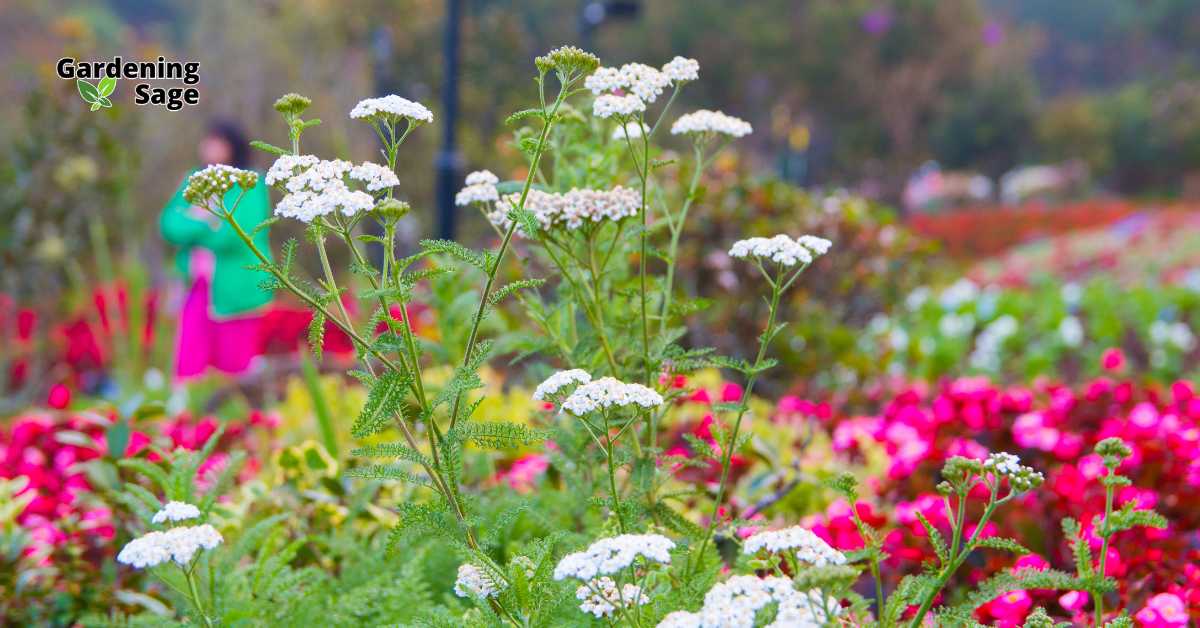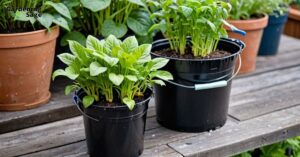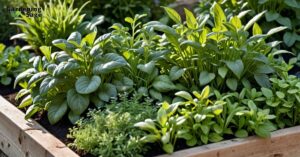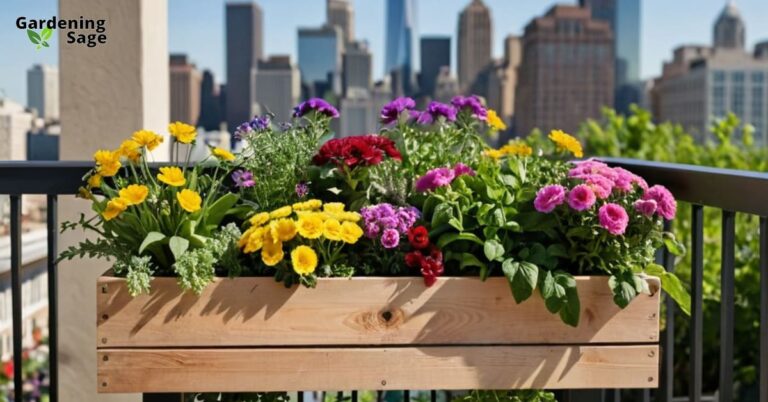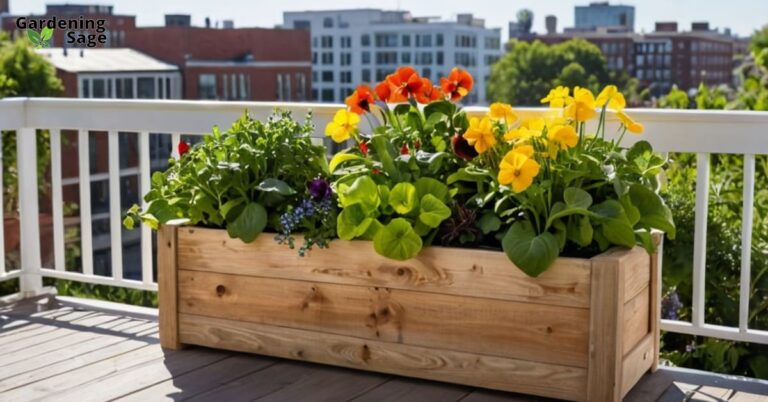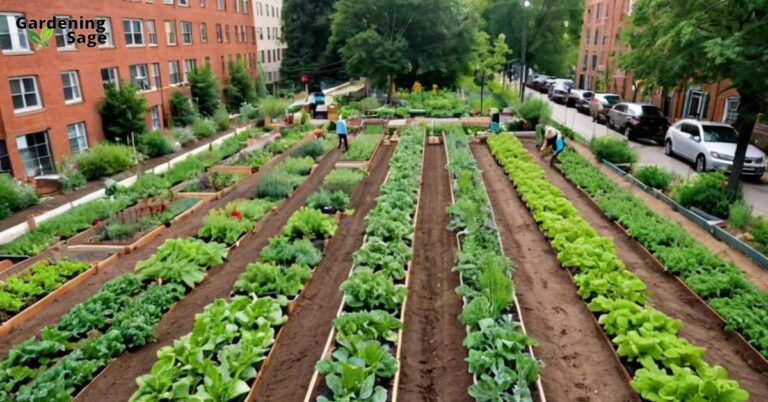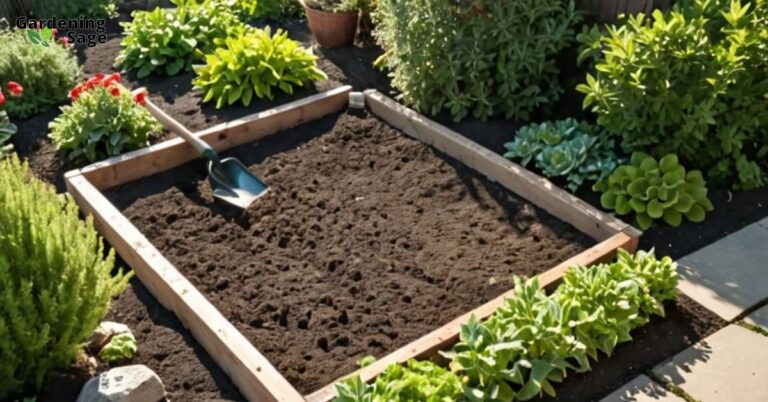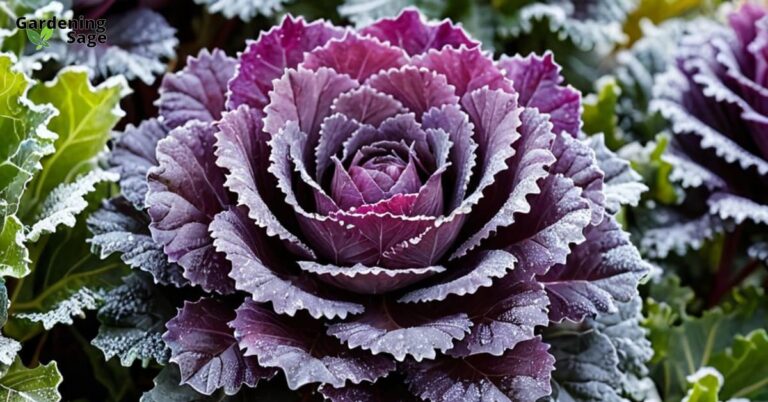The Art of Floral Fortification
In the world of gardening, the health and vigor of your plants are paramount. One key aspect of plant care that often goes overlooked is enhancing plant immunity.
This comprehensive guide delves into advanced tactics to strengthen your plants against diseases, pests, and environmental stressors, ensuring a robust and thriving garden.
Understanding Plant Immunity
- The Basics of Plant Defense Systems: Like humans, plants have innate defense mechanisms to protect against pathogens and pests. These include physical barriers like thick bark or waxy cuticles, and chemical defenses produced in response to threats.
- The Role of Healthy Soil: Healthy soil is the foundation of strong plant immunity. Soil rich in organic matter supports a diverse microbial ecosystem that can improve plant resilience and reduce susceptibility to diseases.
Advanced Tactics for Enhancing Plant Immunity
1. Choosing Disease-Resistant Varieties:
- Research and select plant varieties known for their disease resistance. These varieties have been bred to possess stronger natural defenses.
- Consider native plants, which are naturally adapted to local conditions and often more resistant to local pests and diseases.
2. Optimizing Watering Practices:
- Overwatering can lead to root rot and other diseases. Ensure proper drainage and water plants at their base to keep foliage dry.
- Water in the morning to allow any excess moisture to evaporate throughout the day, reducing the risk of fungal infections.
Fostering Beneficial Insects and Microbes
Encouraging a Healthy Ecosystem:
- Cultivate a diverse garden to attract beneficial insects like ladybugs and bees, which play a crucial role in pollination and pest control.
- Consider incorporating companion plants that repel harmful pests or attract beneficial insects.
Utilizing Microbes for Plant Health:
- Introduce beneficial microbes, such as mycorrhizal fungi, to your soil. These symbiotic organisms enhance nutrient uptake and help plants withstand stressors.
- Compost and organic mulches can also introduce beneficial microbes and nutrients to the soil.
Implementing Natural Remedies and Organic Treatments
Natural Pesticides and Fungicides:
- Use organic treatments like neem oil, which acts as a natural pesticide and fungicide without harming beneficial insects.
- Homemade solutions, such as garlic or chili sprays, can provide natural protection against pests.
Strengthening Plants Through Proper Nutrition
Balanced Fertilization:
- Over-fertilization, especially with nitrogen, can promote lush growth that is more susceptible to pests and diseases. Use a balanced, organic fertilizer to promote healthy, resilient growth.
- Regularly test your soil and amend it based on its specific nutrient needs.
Pruning and Maintenance: Preventive Measures
Regular Pruning:
- Prune plants to remove diseased or dead tissue and improve air circulation. This can significantly reduce the likelihood of disease outbreaks.
- Sanitize pruning tools between cuts to prevent the spreading of pathogens.
The Importance of Stress Management in Plants
Reducing Plant Stress:
- Plants under stress are more susceptible to diseases and pests. Ensure they have optimal growing conditions, including proper sunlight, moisture, and nutrients.
- Monitor plants regularly for signs of stress, such as wilting, discoloration, or stunted growth, and address issues promptly.
Plant Resilience
Enhancing plant immunity is a crucial aspect of gardening that goes beyond mere aesthetics. By implementing these advanced tactics, gardeners can fortify their plants’ natural defenses, leading to a garden that’s not only visually stunning but also resilient and healthy.
Embrace these strategies to cultivate a garden that stands strong against challenges, ensuring lasting beauty and vitality.

